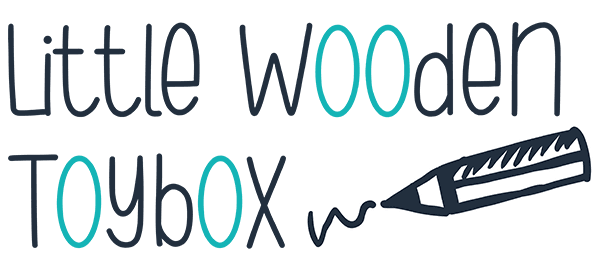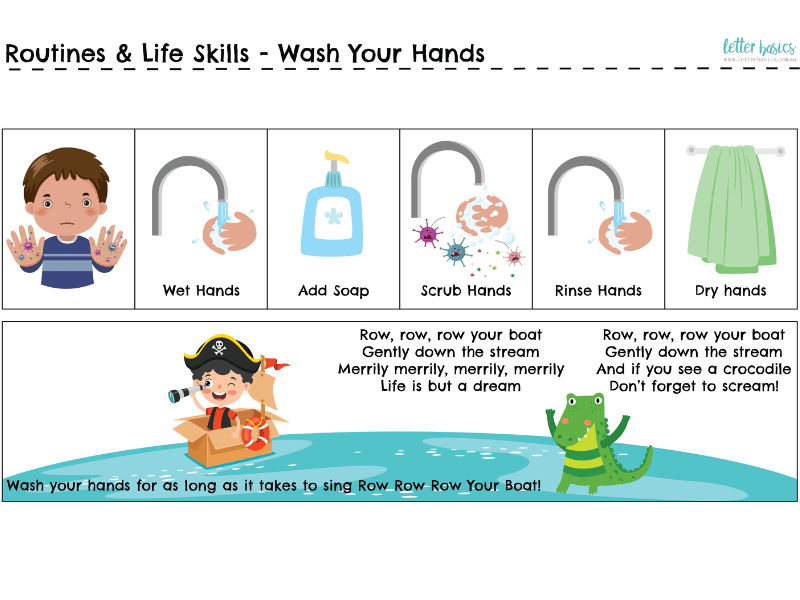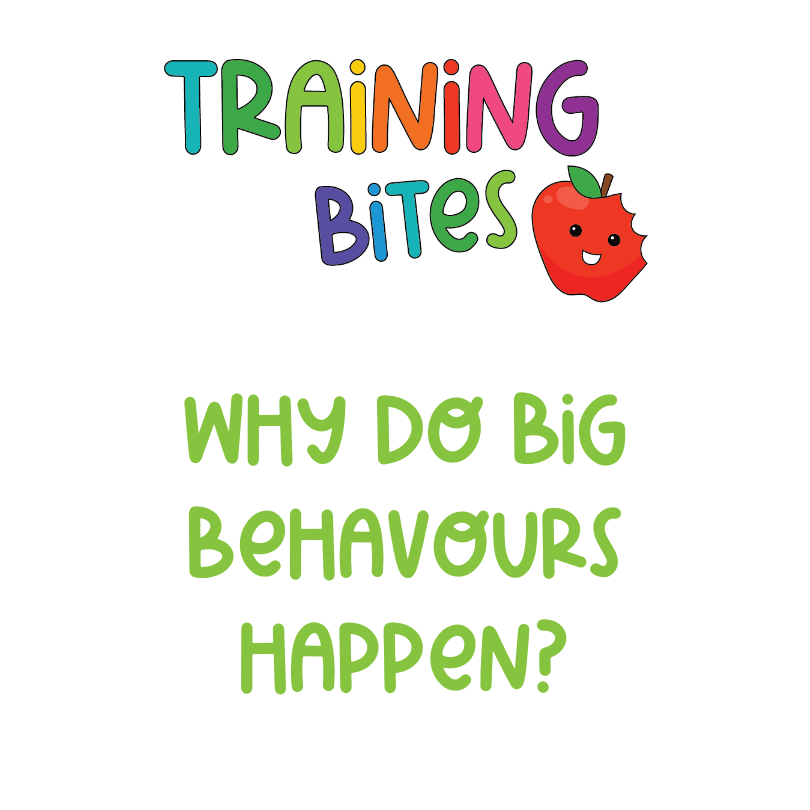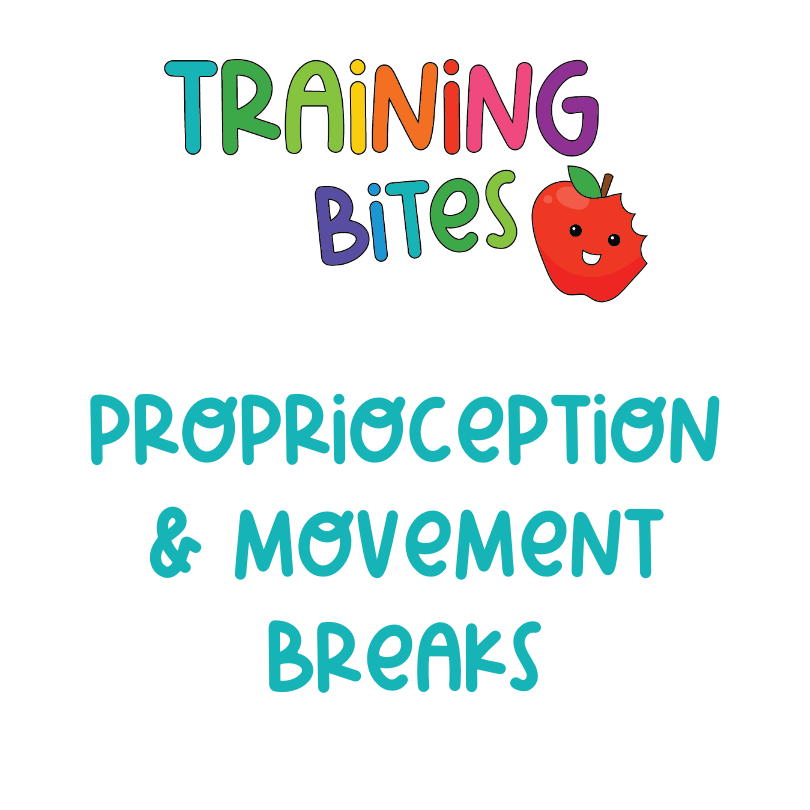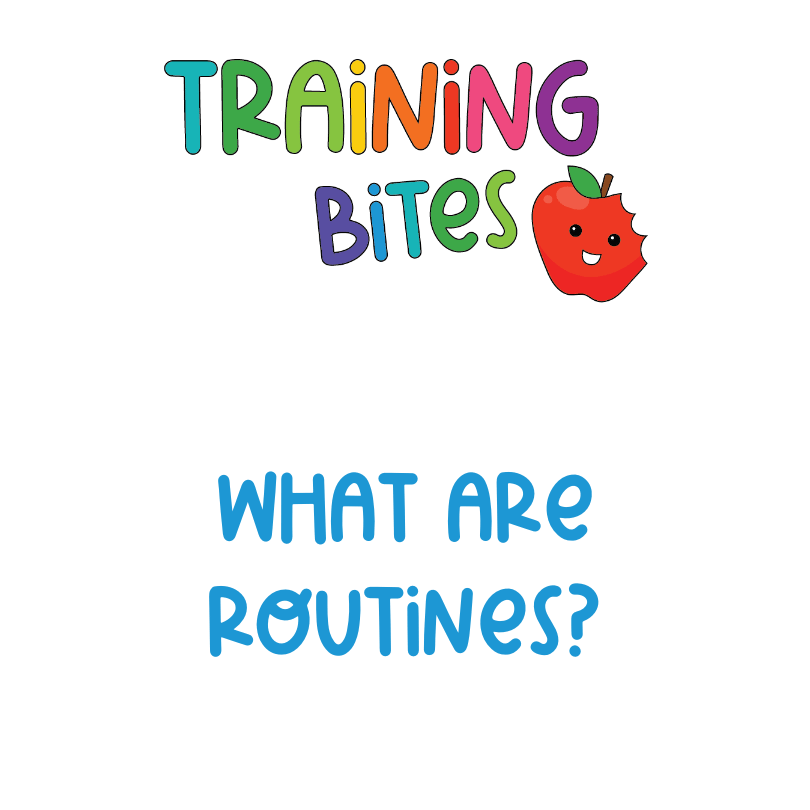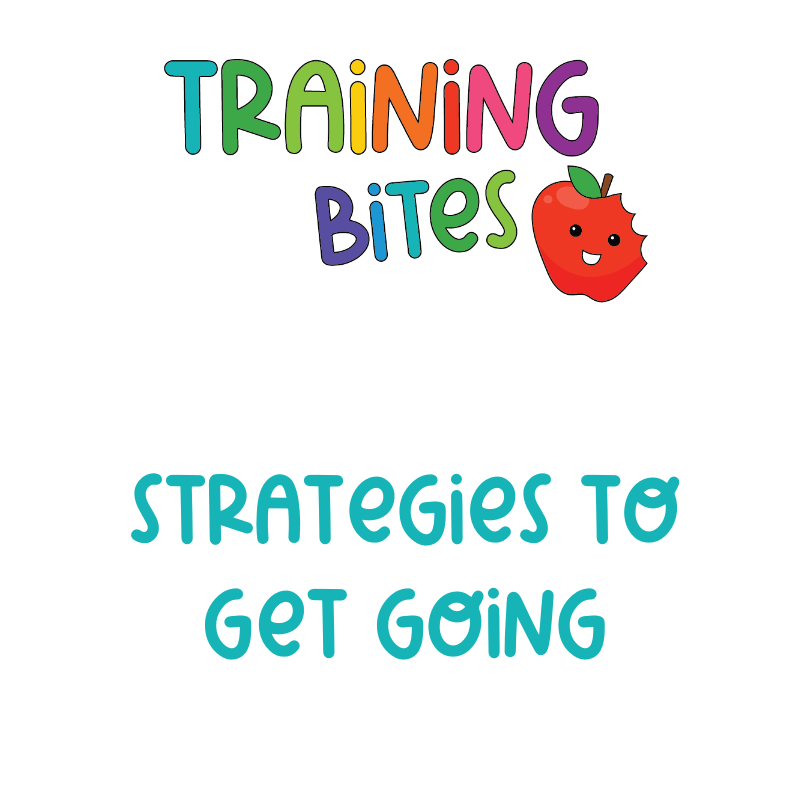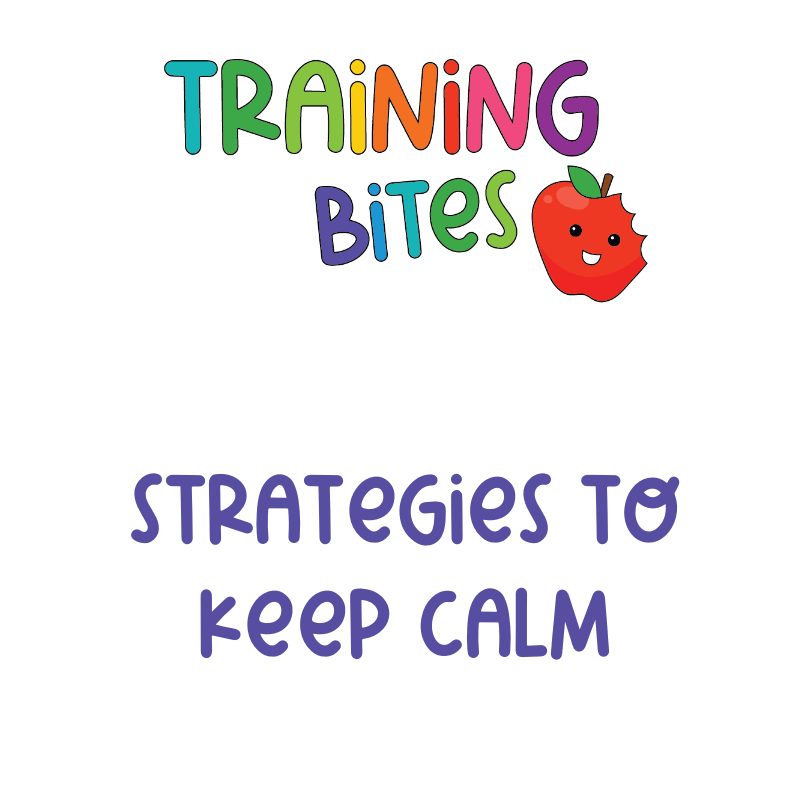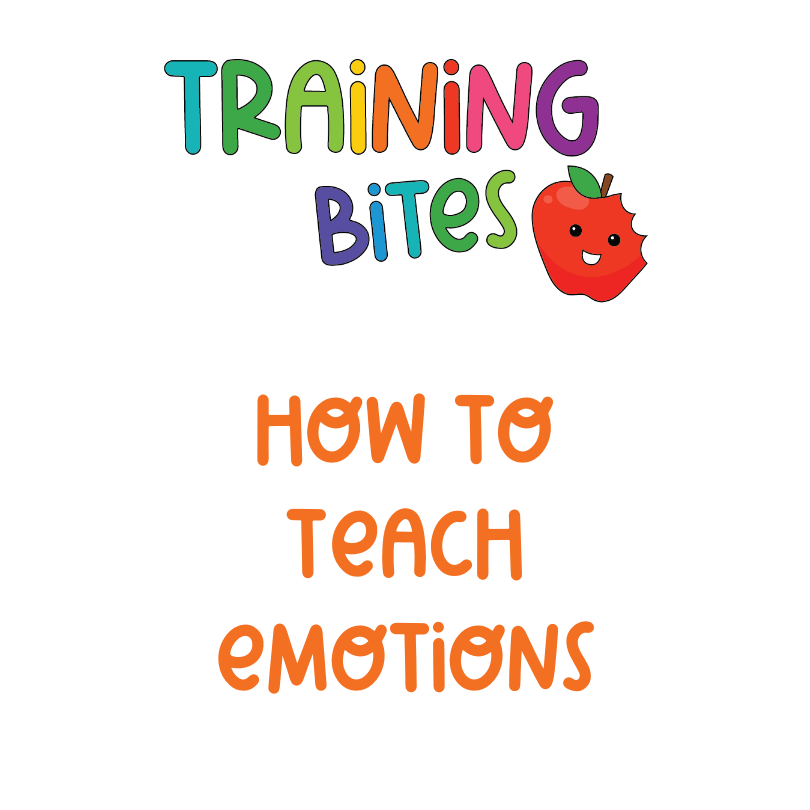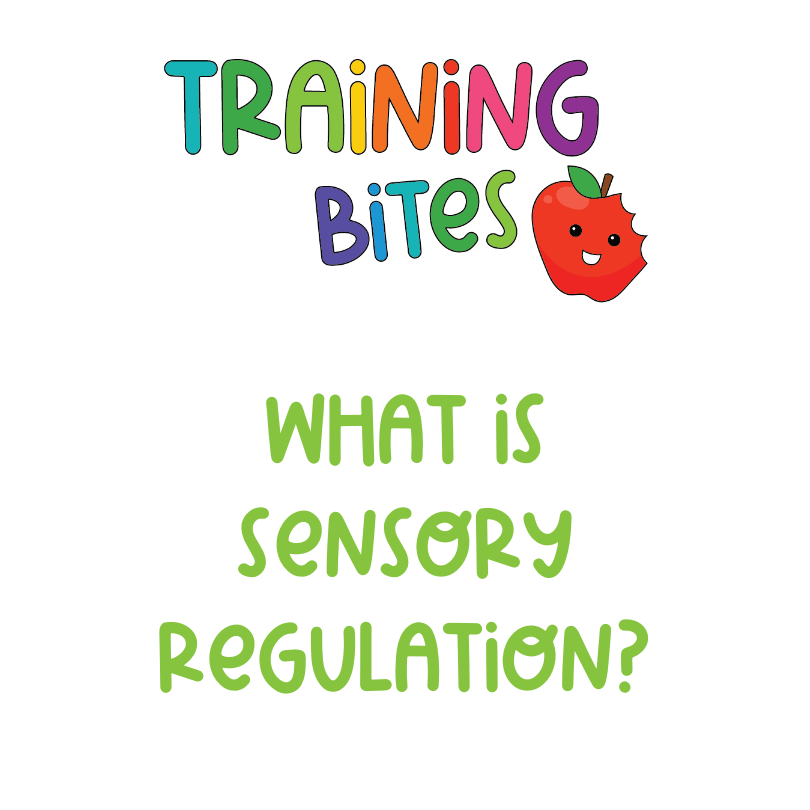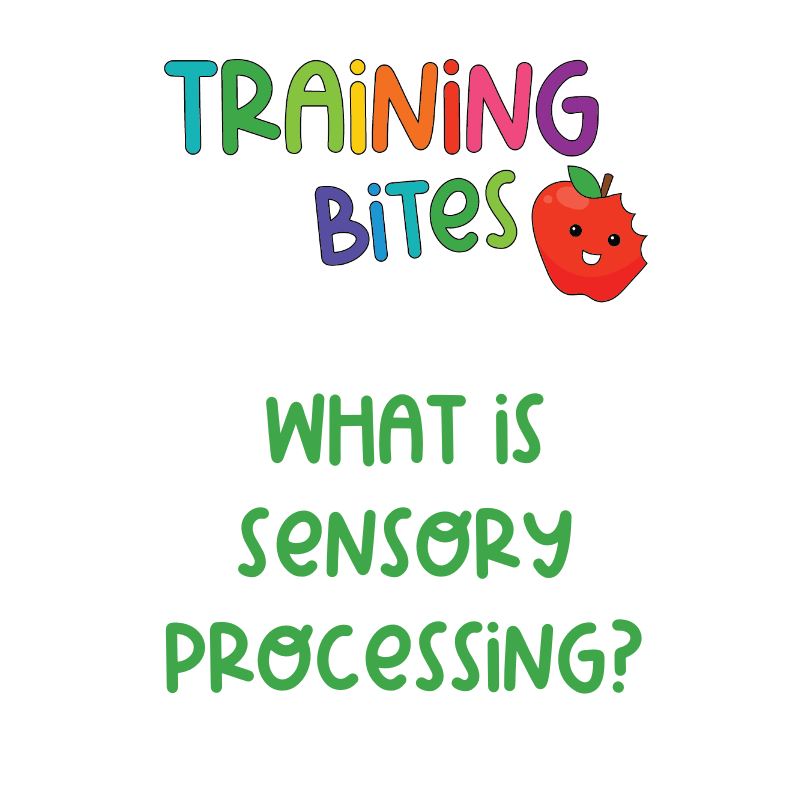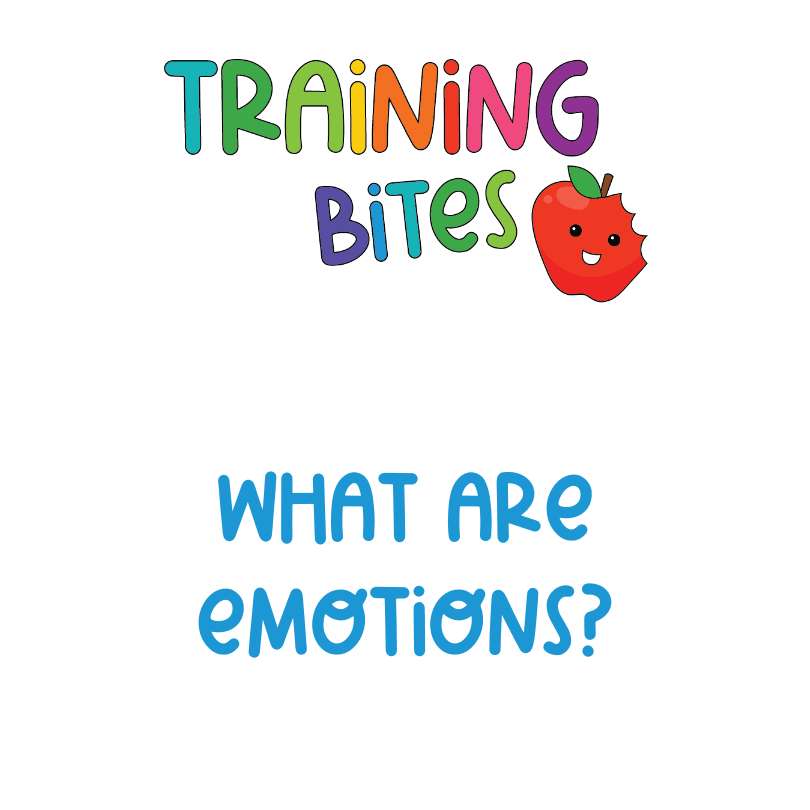Why are Routines Important?
Routines and picture strips reduce anxiety by taking away the pressure and stress of remembering what to do and in what order – especially when there so many skills required to complete each task in each daily routine.
Every day routines require so many skills that we as adults often take for granted.
What Skills are involved in everyday routines?
- executive functioning skills
- time management
- working memory
- fine motor skills
- gross motor skills
- motor planning
- understanding context
- problem solving
How can visual schedules and picture strips help?
- Reduce the overwhelm
- Reduce the tears, frustrations and refusal to complete tasks
- And set them up to succeed
- Reduces nagging
- Helps keep you sane
- Helps them take responsibility
Visual Aids can include
- Do do lists/picture strips – for the day
- Do do lists/picture strips – for an individual task
- Now/Then – transitions
- Family Planners
- Monthly/Weekly/Daily Planners
- Family rules/expectation
- Classroom rules/expectations
Find this printable in Little Wooden Toybox’s Routines Pack
Autism Parenting Podcast:
Join Tash as she talks about day-to-day life with Autism; the sucky bits and the wins, plus tips for enjoying life despite the challenges.
Daily Routines & Visual Schedules Training Bundle
Printables | PDF Training | Video Training | Digital Download | $229 now $79AU
✅ stay calm & well regulated
✅ get organised
✅ gain independence
✅ make home life calmer and happier 💖
Training Bites Library:
Advocating for kids who see, process and experience the world differently with ‘bite size’ pieces of information to help teach and understand a variety of behaviour, education and life skills topics.
